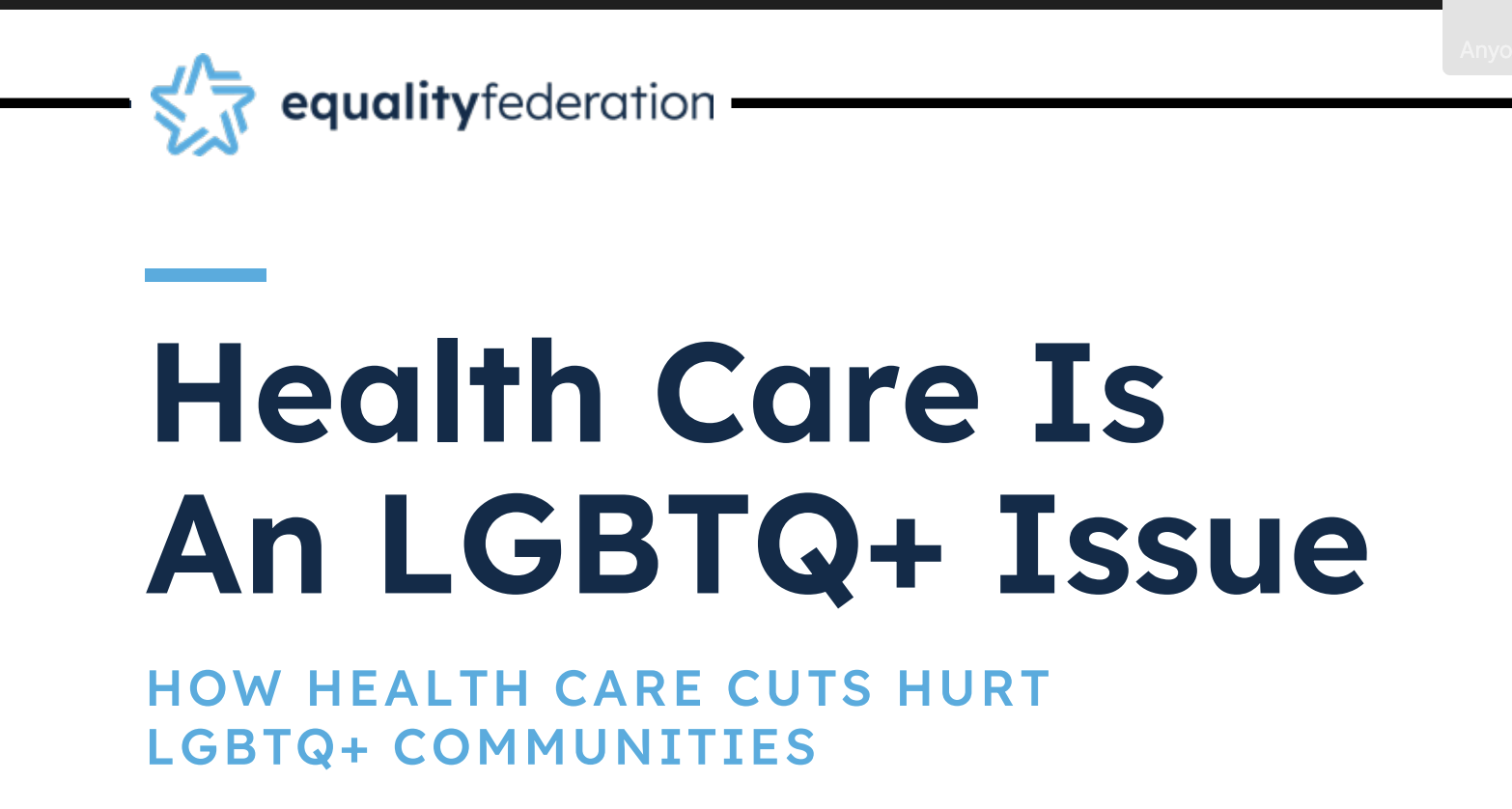Supreme Court Gets It Wrong in Hobby Lobby Case

In an unprecedented decision this week, the Supreme Court ruled that employers can use their religious beliefs to deny their employees access to benefits that they are guaranteed by law to receive.
The two cases the Supreme Court issued a ruling in, collectively known as the Hobby Lobby case, were brought by for-profit companies that argued that requiring them to include contraception in their employees’ health plan violates their religious liberty rights under the Religious Freedom Restoration Act (RFRA).
In a 5 – 4 ruling, the majority found that these owners of for-profit, secular businesses who have religious objections to birth control may defy federal Affordable Care Act rules, effectively removing a woman’s right to her healthcare decisions.
Hobby Lobby Case Background
The two for-profit companies who brought this case to the Supreme Court are the arts-and-crafts chain store Hobby Lobby based in Oklahoma, and a custom wood cabinet company in Pennsylvania called Conestoga Wood Specialties.
Hobby Lobby first challenged the federal contraception rule, arguing that covering certain forms of birth control (including emergency contraception and IUDs) violated their religious beliefs. The case, which started in Oklahoma, was heard by the 10th Circuit Court of Appeals, who ruled that Hobby Lobby had shown a likely violation of RFRA.
Conestoga Wood Specialties had similar religious objections as Hobby Lobby. The 3rd Circuit Court of Appeals ruled that corporations are not “persons” under RFRA, so the two companies pushed to have their case heard at the federal level.
What the Ruling Means for Women
Those immediately impacted by the ruling are women who work at Hobby Lobby, Conestoga, and other closely held companies with religious objections to providing contraception coverage. These employees will no longer be able to use their insurance coverage for emergency contraception and IUDs, negatively impacting their reproductive health and other aspects of their well being.
The Supreme Court’s ruling is harmful not only to the 13,000 Hobby Lobby and numerous Conestoga employees, but to women nationwide.
According to our friends at Think Progress, even if you don’t work at Hobby Lobby or Conestoga, there’s a chance that your birth control coverage may be put into question. More than 70 other companies have sued for the right to stop following the Affordable Care Act’s contraceptive provision. Now that the Court has sided with Hobby Lobby, it will be much easier for some of those companies to win their suits and opt out of covering certain types of contraception.
Unfortunately, Monday’s ruling may provide the possibility for other companies to stop covering some types of birth control in the future, even if they aren’t one of the businesses that already filed a suit against the government.
While this decision sets a problematic precedent for future religious liberty claims, the Court did specify that the ruling can’t be immediately extended to apply to other types of health services or employment discrimination.
What the Ruling Means for LGBT People
Initially, some members of the LGBT community will feel the effects of this decision — numerous lesbian and bisexual women as well as some transgender men rely on affordable access to contraception.
While the full legal and long-term extent of this decision is still being uncovered, we have reasons to remain vigilant. According to our friends at The Advocate, these companies could potentially use the same claims to deny health care to transgender people or to withhold coverage for HIV and AIDS treatment for LGBT employees.
Although this decision does tremendous harm to all women and to members of the LGBT community, it does not give companies the legal right to discriminate on any other basis. As the opinion states:
“This decision concerns only the contraceptive mandate and should not be understood to hold that all insurance-coverage mandates, e.g., for vaccinations or blood transfusions, must necessarily fall if they conflict with an employer’s religious beliefs. Nor does it provide a shield for employers who might cloak illegal discrimination as a religious practice.”
A business owner’s religious objection to a worker’s same-sex spouse or a customer’s LGBT identity is not permissible grounds for discrimination.
Nonetheless, this ruling sets a bad precedent. But the fight isn’t over. Congress should act to clarify that business owners may not impose their religious beliefs about birth control on their employees or customers.
We all have the right to our religious beliefs, but that should not include the right to impose your beliefs on others.



.png)

.jpg)
.jpg)
.jpg)
.jpg)
.jpg)
